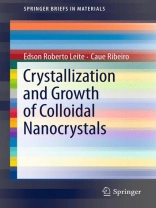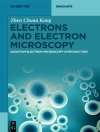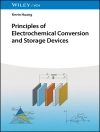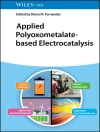Since the size, shape, and microstructure of nanocrystalline materials strongly impact physical and chemical properties, the development of new synthetic routes to nanocrystals with controlled composition and morphology is a key objective of the nanomaterials community. This objective is dependent on control of the nucleation and growth mechanisms that occur during the synthetic process, which in turn requires a fundamental understanding of both classical nucleation and growth and non-classical growth processes in nanostructured materials. Recently, a novel growth process called Oriented Attachment (OA) was identified which appears to be a fundamental mechanism during the development of nanoscale materials. OA is a special case of aggregation that provides an important route by which nanocrystals grow, defects are formed, and unique—often symmetry-defying—crystal morphologies can be produced. This growth mechanism involves reversible self-assembly of primary nanocrystals followed by reorientation of the assembled nanoparticles to achieve structural accord at the particle-particle interface, the removal of adsorbates and solvent molecules, and, finally, the irreversible formation of chemical bonds to produce new single crystals, twins, and intergrowths.
Crystallization and Growth of Colloidal Nanocrystals provides a current understanding of the mechanisms related to nucleation and growth for use in controlling nanocrystal morphology and physical-chemical properties, and is essential reading for any chemist or materials scientist with an interest in using nanocrystals as building blocks for larger structures. This book provides a compendium for the expert reader as well as an excellent introduction for advanced undergraduate and graduate students seeking a gateway into this dynamic area of research.
Tabela de Conteúdo
Preface.- Chapter 1. Introduction.- Chapter 2. Basic Principles: Thermodynamics and Colloidal Chemistry.- Chapter 3. Classical Crystallization model: Nucleation and Growth.- Chapter 4. Oriented Attachment and Mesocrystals.- Chapter 5. Oriented Attachment (OA) with solid-solid interface.- Chapter 6. Trends and Perspectives in Nanoparticles Synthesis.












